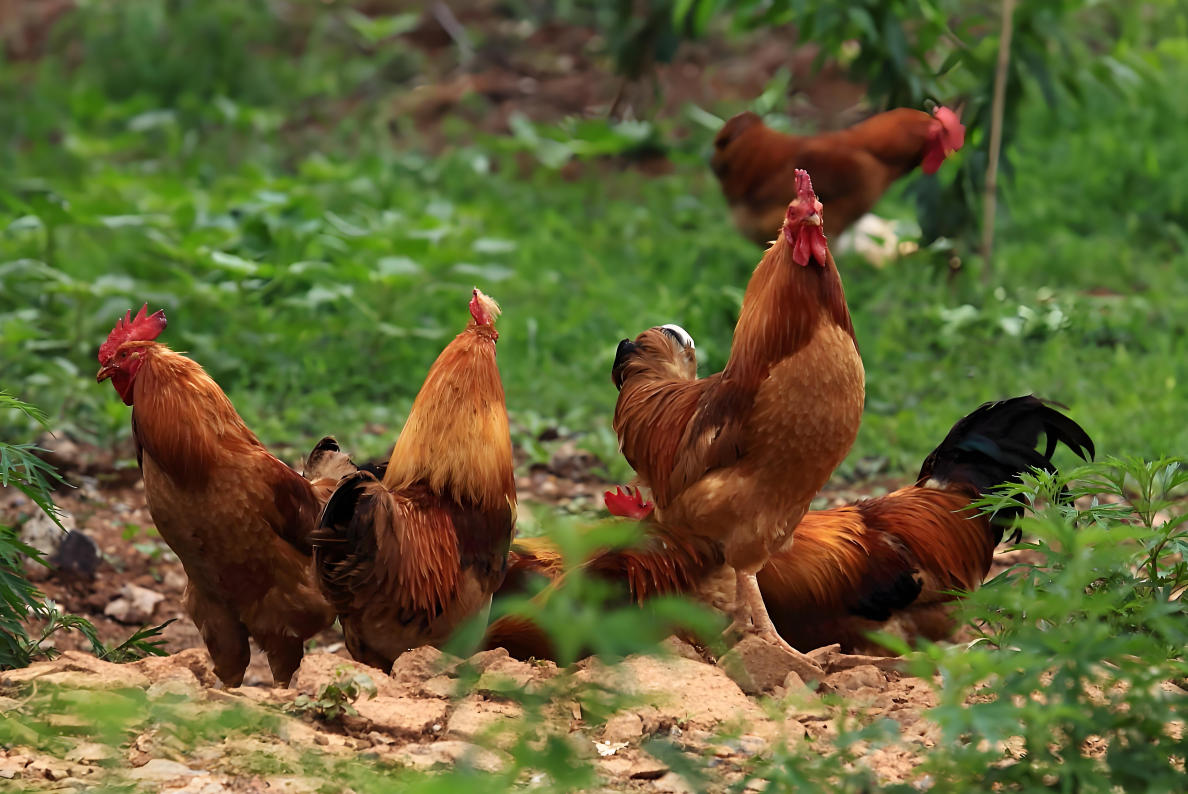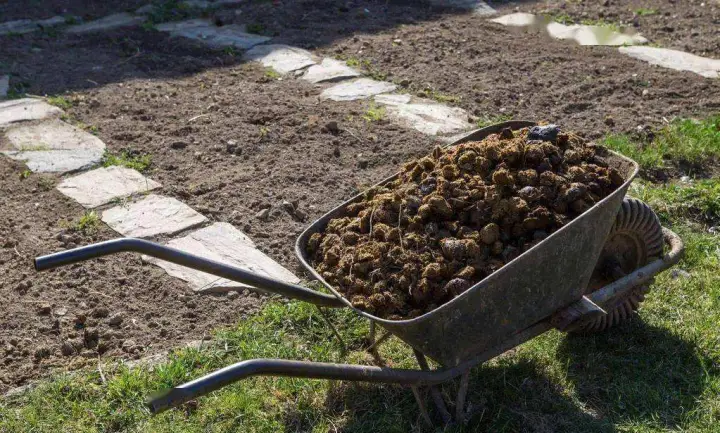Dealing with animal manure has always been a widely discussed issue in diverse agricultural activities. If animal manure is properly treated, it can not only reduce environmental pollution, but also provide efficient organic fertilizers for agricultural production. Among them, chicken manure, as a common type of livestock and poultry waste, has become particularly important for fermentation treatment. The advancement of modern fermentation technology not only makes this process more efficient, but also environmentally friendly and improves fertilizer efficiency, benefiting the sustainable development of agriculture.

The traditional method of treating chicken manure is relatively simple, often accumulating in a fixed area and allowing it to naturally decompose. However, this method is time-consuming, and the uncertainty of environmental temperature and humidity results in uneven fermentation levels and low efficiency. More seriously, this method is prone to bacterial growth, producing foul odors and posing a threat to the surrounding environment.
With the development of technology, modern chicken manure fermentation technology has emerged. These technologies mainly include static composting, dynamic composting, and bioreactor methods. Static composting method is to stack chicken manure into a certain height pile, and regularly flip it to maintain oxygen supply and promote microbial activity. The dynamic composting method uses mechanical continuous stirring to accelerate fermentation speed and make fermentation more uniform. The bioreactor method involves fermentation in a closed container, which allows for better control of fermentation conditions such as temperature, humidity, and ventilation, greatly improving the quality of fertilizers.
In scientific principles, the fermentation process of chicken manure is achieved through the biodegradation of microorganisms such as bacteria, fungi, and actinomycetes. These microorganisms decompose organic matter in chicken manure under suitable environmental conditions, converting it into humus and releasing essential nutrients such as nitrogen, phosphorus, and potassium for plant growth. This process not only eliminates the potential environmental pollution caused by chicken manure, but also enhances its utilization value as fertilizer.
In terms of environmental protection, properly handling chicken manure can reduce pollution to water sources and soil, avoiding problems such as soil hardening and ecological balance damage caused by excessive use of chemical fertilizers. Meanwhile, scientific fermentation methods can significantly reduce greenhouse gas emissions such as methane and ammonia, which is of great significance for addressing global climate change.
In practical applications, using fermented chicken manure as fertilizer can significantly improve soil structure, enhance soil water and fertilizer retention capacity, provide abundant nutrients for crops, and achieve high yield and high quality of crops. Long term application can also promote the diversity and activity of microorganisms in the soil, maintain ecological balance, and achieve sustainable development of agriculture.
Combining traditional experience with modern technology, the treatment and fermentation of chicken manure is no longer a small link in agriculture, but an important bridge connecting environmental protection and resource recycling. By continuously optimizing and innovating fermentation technology, we can maximize the utilization of this resource, continuously delivering safe and efficient organic fertilizers for agriculture, while also contributing to the protection of our ecological environment. In this process, every innovation and practice is the inheritance and promotion of the core values of agricultural culture, making chicken manure, a neglected “waste”, shine with new vitality and become a precious resource bestowed by nature.

Collection and pretreatment: Fresh chicken manure needs to be collected. In order to ensure the efficiency of fermentation, it is necessary to ensure that there are no large amounts of impurities such as chicken feathers, stones, etc. in chicken manure, and to adjust the moisture appropriately.
Construction of fermentation pile: Choose a suitable site and pile up chicken manure according to the selected fermentation method (static or dynamic composting method). For static composting, the height should generally not exceed 1.5 meters to facilitate oxygen infiltration and heat dissipation.
Regulating environmental conditions: In static composting, it is necessary to regularly flip the chicken manure pile to ensure sufficient oxygen supply; In the dynamic composting method, this goal is achieved through mechanical stirring. Regardless of the method, the moisture and pH values should be adjusted in a timely manner to ensure they are within the appropriate range.
Monitoring the fermentation process: Throughout the entire fermentation process, it is necessary to regularly check the temperature, odor, and bacterial activity. A well managed fermentation process will rapidly increase the temperature to around 60 ° C and maintain this range for a period of time, due to the highly active metabolic activity of microorganisms.
Maturity and Utilization: After several weeks to months, chicken manure will fully ferment and mature. Mature fertilizers should be dark brown, have a earthy odor, and have a soft texture. At this time, the fertilizer can be safely used for soil improvement or as planting fertilizer.
Post processing and storage: The completed fertilizer needs to undergo appropriate post-processing, such as screening to remove large particle impurities, and then stored in a dry and cool place to maintain its effectiveness until use.
The entire fermentation process is not only the application of technology, but also an art that requires precise control of various conditions to achieve the best fermentation effect. Through these steps, we can effectively transform chicken manure, a seemingly useless waste, into valuable agricultural resources.
If you have any further inquiries, please feel free to consult our company at any time.